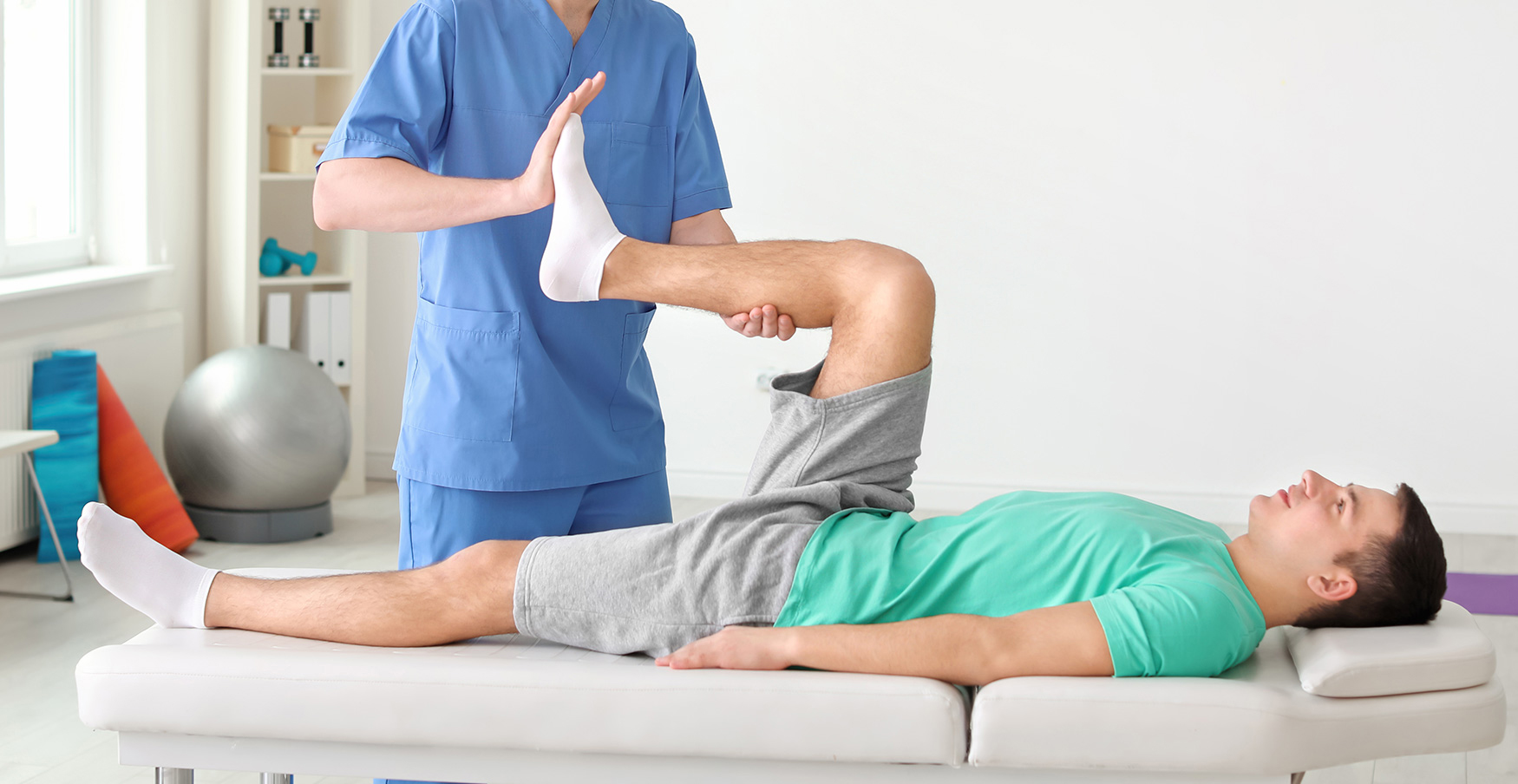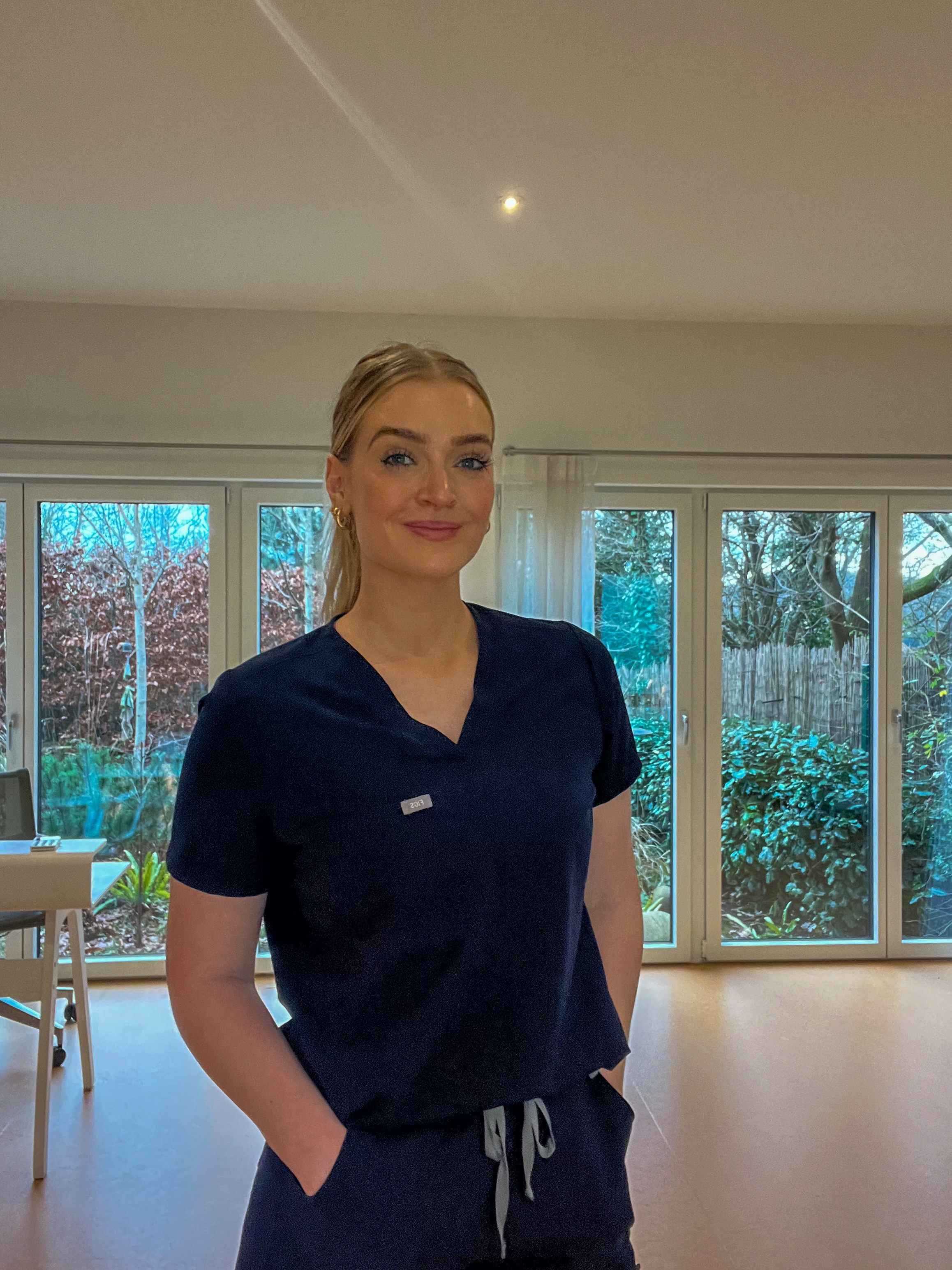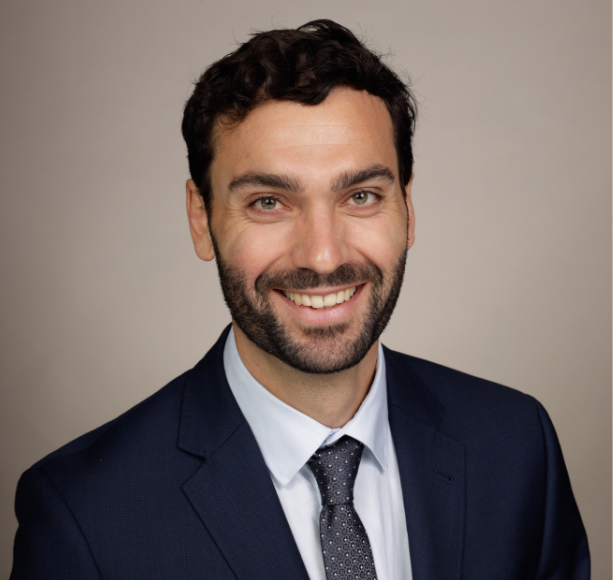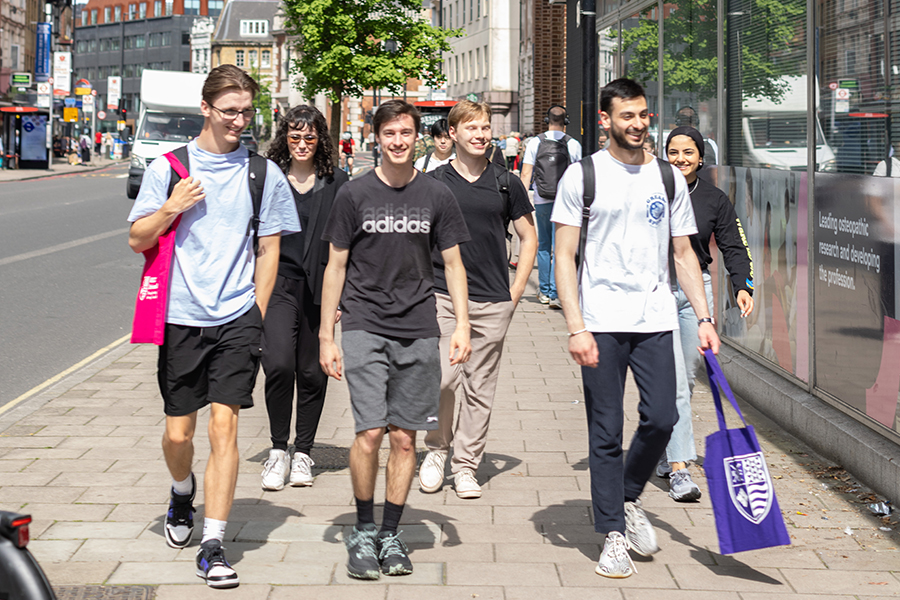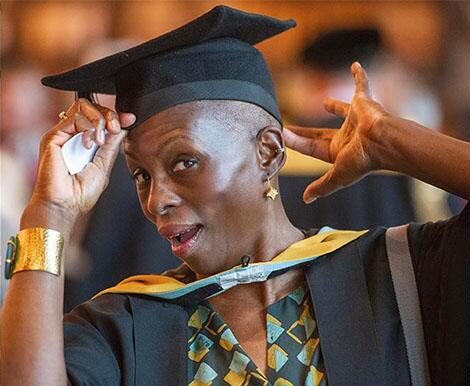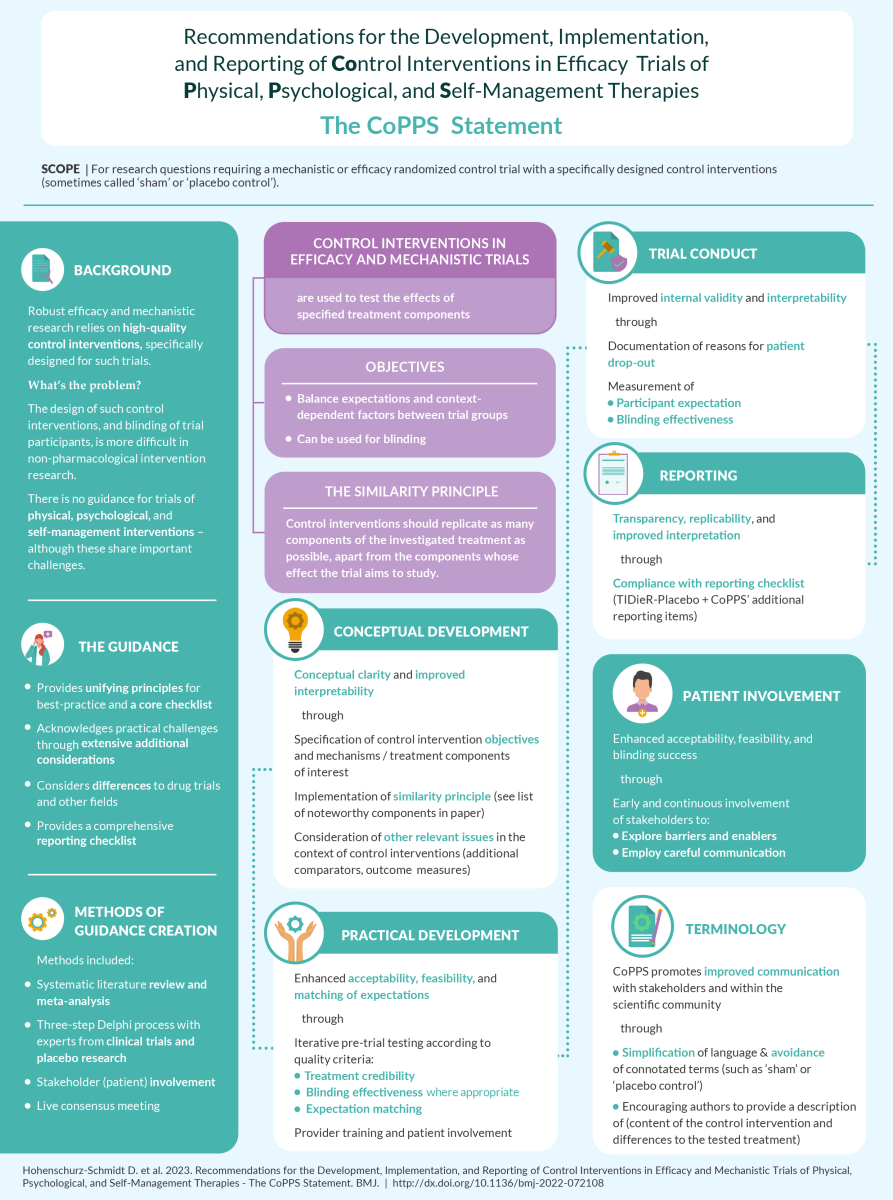Overview
This full-time undergraduate programme equips students with the underpinning knowledge, hands-on experience and multidisciplinary teamwork needed to be a competent osteopath, and will enable graduating students to apply to the General Osteopathic Council (GOsC) for registration and begin professional practice.
Over the duration of the course you will spend extensive time in the UCO Clinic in accordance with GOsC and Quality Assurance Agency (QAA) requirements. This will include opportunities to work with particular patient groups through our specialist and community clinics. Clinical education starts from the first year with observation of osteopathic practice, and as your knowledge and skills develop you will have increasing responsibility for the decision making and treatment before you manage your own patients in the final two years. You will be supported by experienced clinical faculty members who are all practising osteopaths.
You will also have the opportunity to develop a variety of skills that will be needed as a fully-qualified osteopath working in primary health care, including the ability critically to assess research, journal papers, lectures and presentations to inform the best possible care for your patients.
Course Details
How the course is structured
The M.Ost full-time programme is structured as a ‘spiral curriculum’, with students revisiting the same topics throughout the degree, with the subject matter increasing in complexity and reinforcing previous learning.
The course is divided into four phases:
- Level 4 – Novice, where you begin to develop a sound foundation for being an osteopath and primary care practitioner. You will acquire basic knowledge and skills; understand the patient in context and how they are able to adapt to challenges in their environment; grasp the conceptual basis of osteopathy; and appreciate the challenges associated with being an osteopath.
- Level 5 – Advanced Beginner, where your knowledge and skills are further developed, consolidated and integrated to provide a secure basis for your developing clinical work.
- Level 6 – Competent, where you focus on integrating a range of new and previously acquired knowledge and skills in order to understand how the person functions holistically.
- Level 7 (Masters Level) – Proficient, where you are given the opportunity to take your clinical skills to a much deeper level.
You will complete a number of units at each year of study focusing on five key areas: Professionalism, The Functioning Human, Patient Care, Research and Enquiry, Being an Osteopath.
A detailed overview of the course structure, including the level and credit weighting of each unit as you progress through the course, can be found in the Course Information Form available to download below.
How you will be assessed
The course is assessed through both summative and formative assessments including:
- Presentations
- Reflective essays
- Online assessments
- Development of a learning portfolio
- Case studies
- Practical and clinical examinations
More information can be found in the Course Information Form available to download from this page.
Career opportunities
The majority of osteopaths choose to work in private practice, either independently or within a practice alongside other osteopaths and healthcare professionals. Others work within the NHS as part of multidisciplinary teams. There are also opportunities to practice abroad, dependent on local regulations.
Osteopathy graduates may also choose to work in specialist fields including professional sports, paediatrics, animal osteopathy, research, public health and education.
A regulated profession
In the UK osteopathy is a primary healthcare profession with statutory recognition, and an allied health profession within the NHS. Osteopaths are regulated by the General Osteopathic Council (GOsC) and must have completed a Recognised Qualification, be registered with the GOsC and undertake continuing professional development to practice legally.
For more details about this course, please read the course specification below:
Unit Breakdown
Full-time (4 Years)
Year 1 
Year 1
(Level 4)
(120 Credits)
Units
- Being an Osteopath (30 Credits)
- Functioning Human (40 Credits)
- Patient Care (30 Credits)
- Research & Enquiry (20 Credits)
Year 2 
Year 2
(Level 5)
(120 Credits)
Units
- Being an Osteopath (30 Credits)
- Functioning Human (30 Credits)
- Patient Care (30 Credits)
- Professionalism (10 Credits)
- Research & Enquiry (20 Credits)
Year 3 
Year 3
(Level 6)
(120 Credits)
Units
- Being an Osteopath (30 Credits)
- Functioning Human (30 Credits)
- Patient Care (30 Credits)
- Professionalism (10 Credits)
- Research & Enquiry (20 Credits)
Year 4 
Year 4
(Level 7)
(120 Credits)
Units
- Being an Osteopath (60 Credits)
- Professionalism (20 Credits)
- Research & Enquiry (40 Credits)
Part-time (5 Years)
Year 1 
Year 1
(Level 4)
(100 Credits)
Units
- Being an Osteopath (10 Credits)
- Functioning Human (40 Credits)
- Patient Care (30 Credits)
- Research & Enquiry (20 Credits)
Year 2 
Year 2
(Level 4/5)
(110 Credits)
Units
- Being an Osteopath (20 Credits)
- Research & Enquiry (20 Credits)
- Functioning Human (30 Credits)
- Patient Care (30 Credits)
- Professionalism (10 Credits)
Year 3 
Year 3
(Level 5/6)
(90 Credits)
Units
- Being an Osteopath (30 Credits)
- Research & Enquiry (20 Credits)
- Functioning Human (15 Credits)
- Patient Care (15 Credits)
- Professionalism (10 Credits)
Year 4 
Year 4
(Level 6/7)
(80 Credits)
Units
- Being an Osteopath (30 Credits)
- Functioning Human (15 Credits)
- Patient Care (15 Credits)
- Research & Enquiry (10 Credits)
- Professionalism (10 Credits)
Year 5 
Year 5
(Level 7)
(100 Credits)
Units
- Being an Osteopath (60 Credits)
- Professionalism (10 Credits)
- Research & Enquiry (30 Credits)
Staff
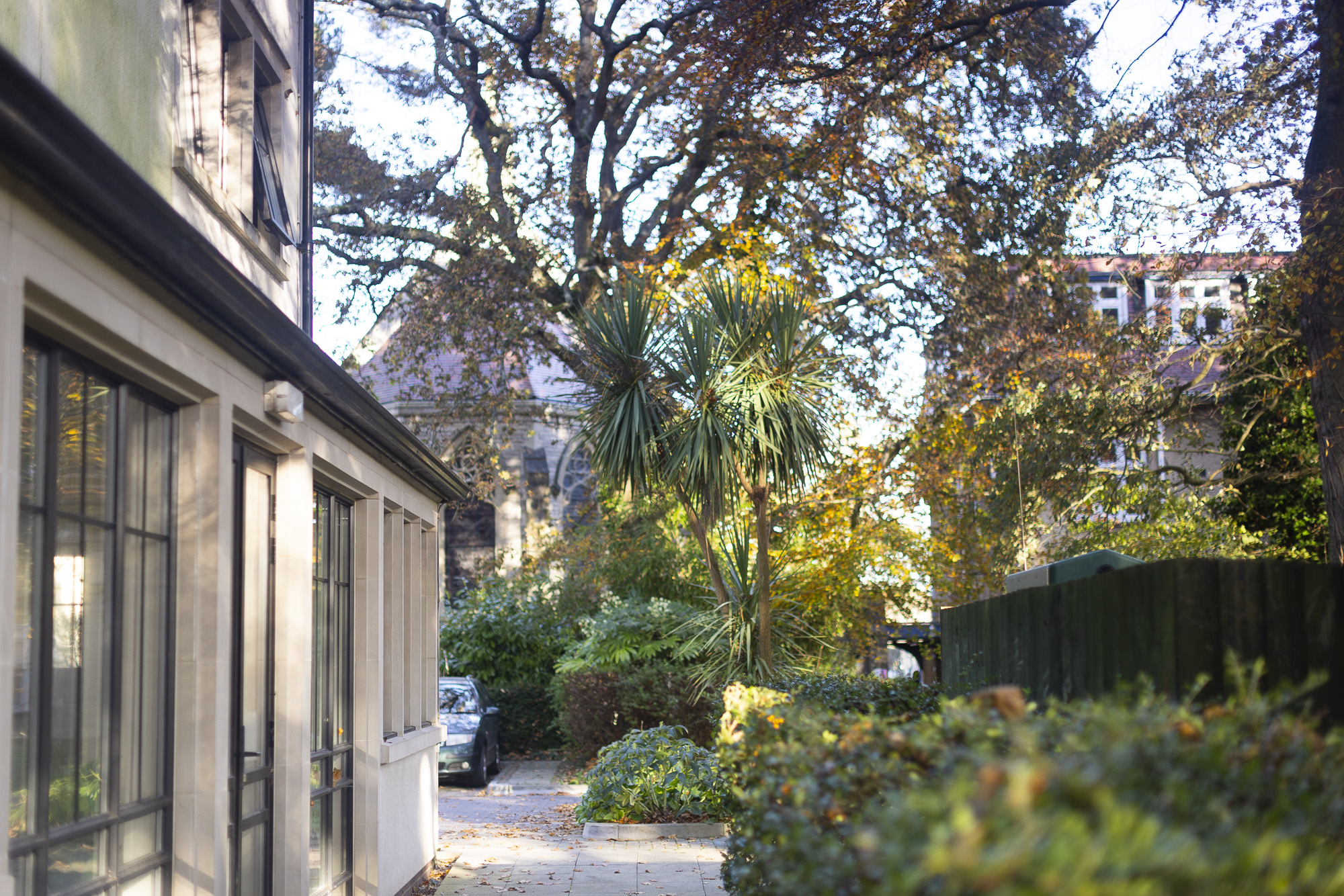
Course Leader
Patrick Gauthier
Interim Head of School, UCO School of Osteopathy
Patrick Gauthier is the Interim Head of the UCO School of Osteopathy at Health Sciences University, London. An experienced academic leader and clinician, he is dedicated to advancing osteopathic education through interdisciplinary collaboration and technological innovation. Patrick leads the curriculum redesign of UCO’s flagship osteopathy programme, integrating AI-enhanced learning, clinical simulation, and digital tools to futureproof student training. With a background in healthcare leadership, anatomy education, and policy development, he also contributes to national strategies on education and regulation.
Full bio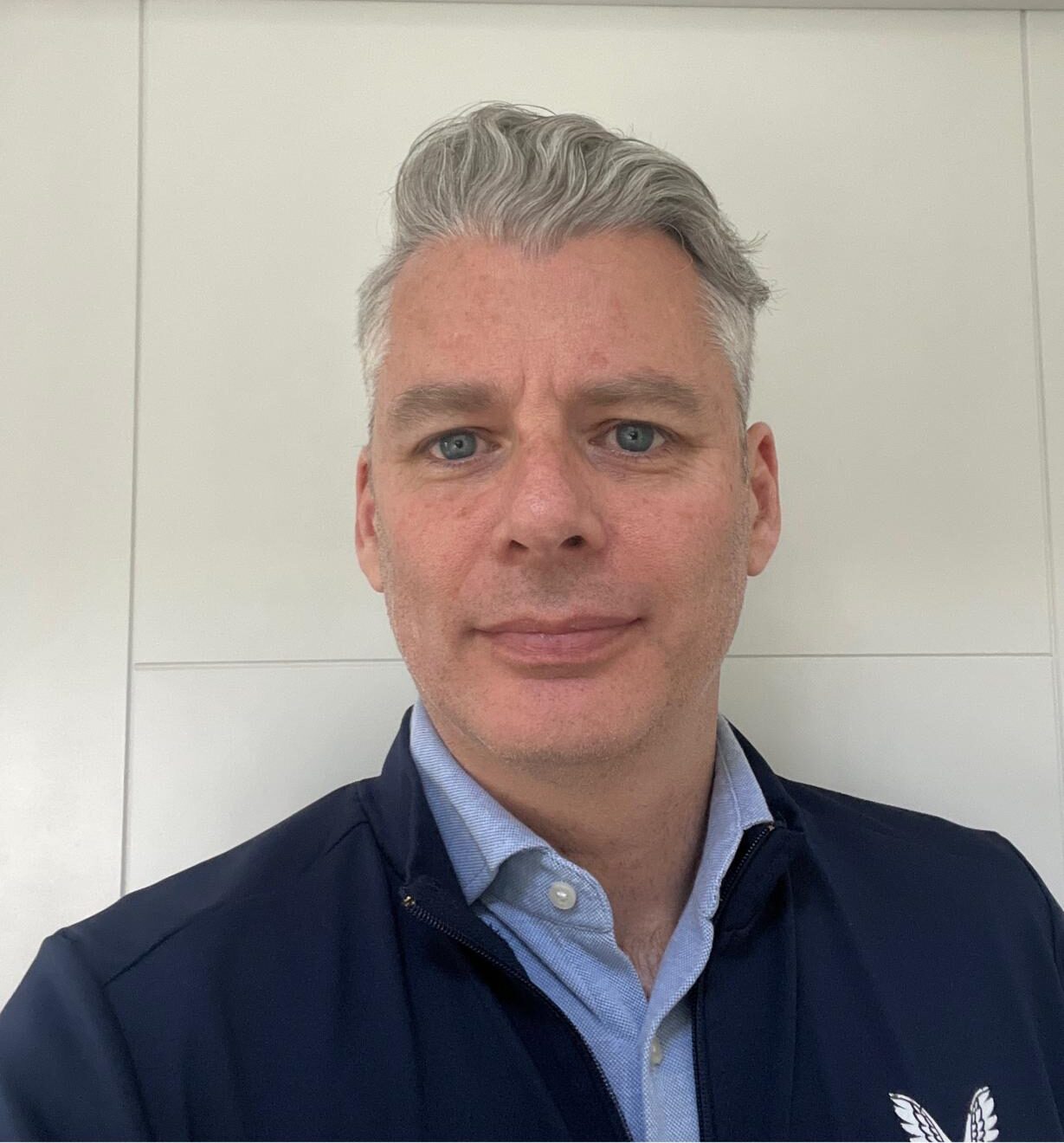
BSc Hons Ost, PGCert ACE, Senior Teaching Fellow - Deputy Course Leader
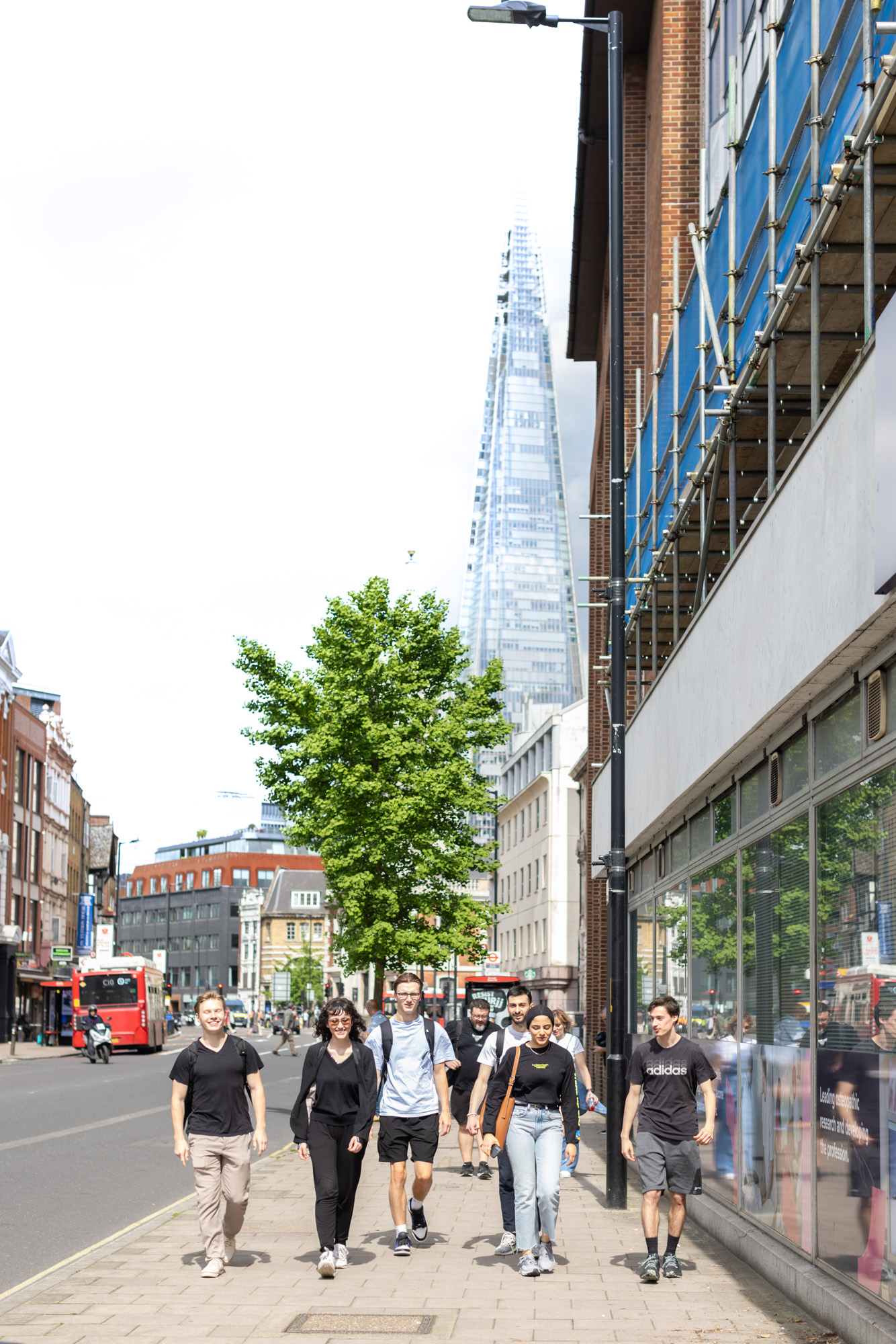
Unit Leader M.Ost

M.Ost Unit Leader
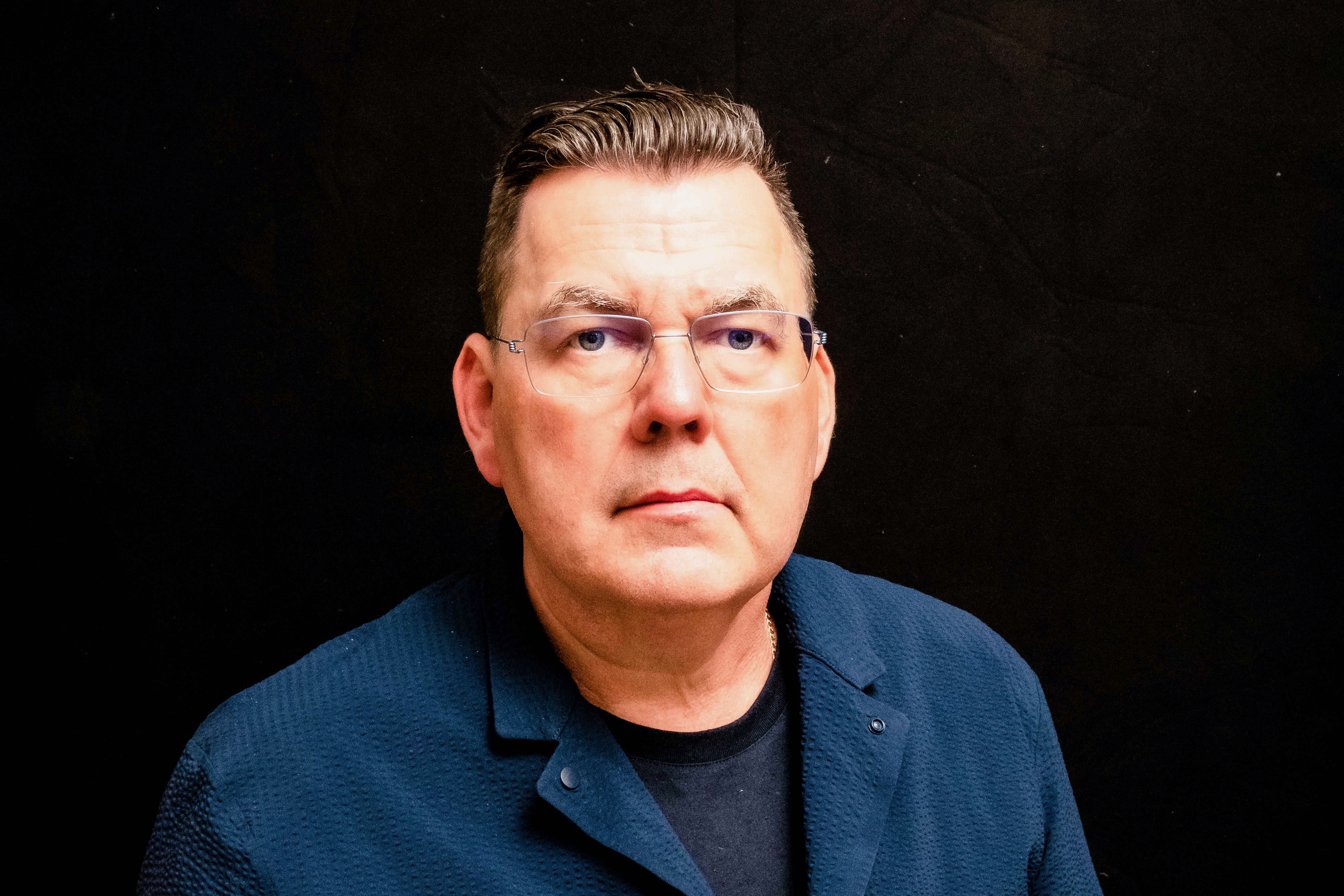
ScOst, BSc(Hons)Ost, PGCertACE - Unit Leader for Professionalism, UCO School of Osteopathy
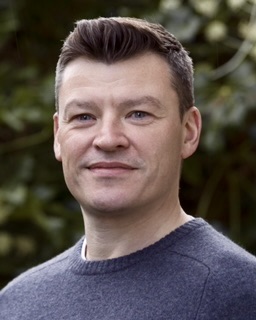
ScOst, BSc(Hons)Ost, PGCertACE - Unit Leader for Professionalism, UCO School of Osteopathy
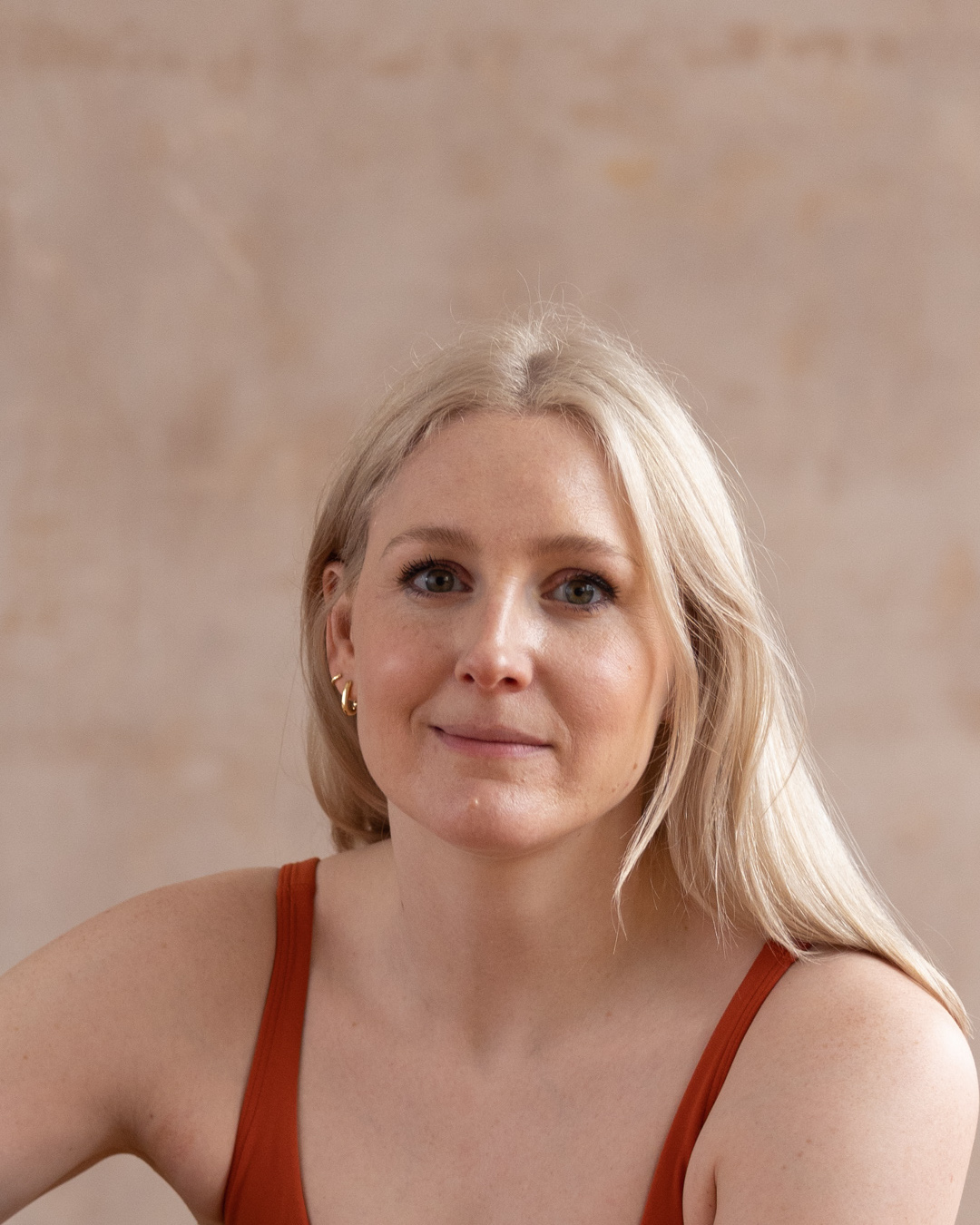
M.Ost, BPA (Hons) - Lecturer and Assistant Practice Educator
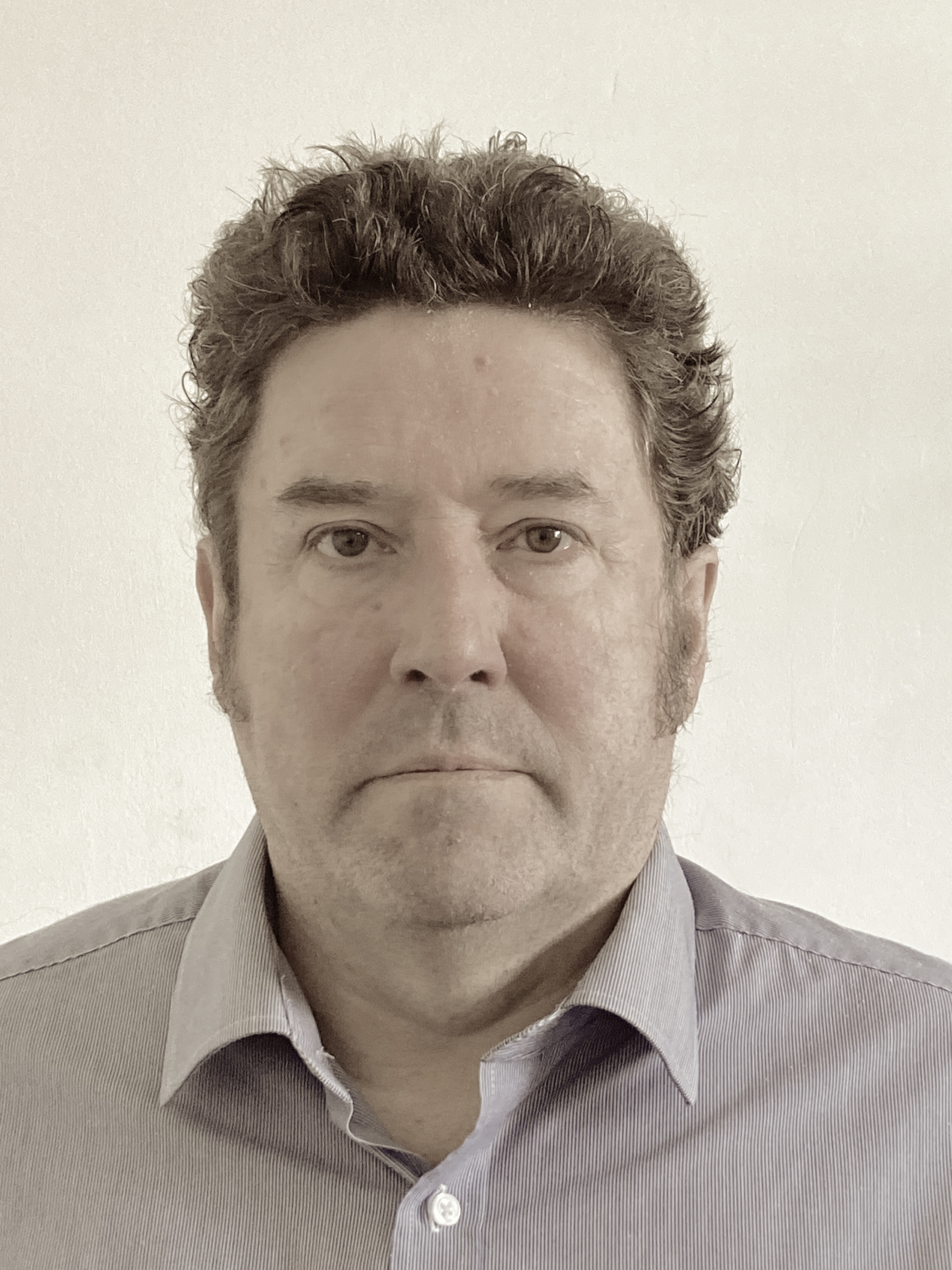
MSc/D(Ost Care); DO(Hons); BA(Hons/Biol) and BA(Hons Psychol); PGC-ACE - Clinical Tutor/Practice Educator; Lecturer in Neurology; postgraduate speaker; Expert Witness
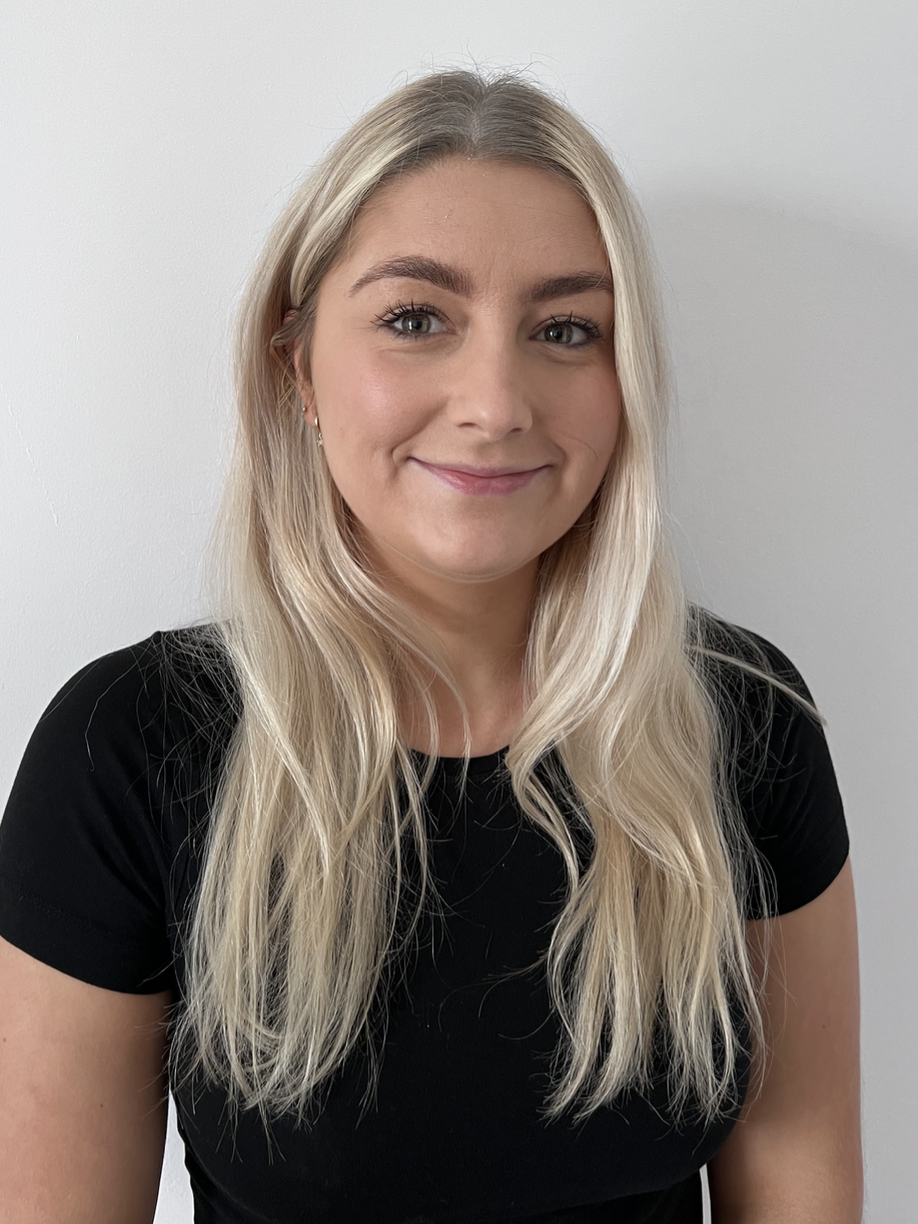
Entry Requirements
What grades do I need? 
If you’re applying from the UK or Ireland:
112 UCAS points, equivalent to 3 A-Levels at grades BBC or a BTEC Level 3 Diploma at DMM. We also welcome other qualifications including Access to HE Diplomas, T-Levels and International Baccalaureates. These should include Biology and/or a subject with relevant human biology and science content. Accepted subjects may include Biology, Human Biology, Health, Health Sciences, Applied Science, Health and Social Care, Sports Science, Physical Education and Psychology.
We welcome applicants from all backgrounds and understand not everyone has the same opportunities in life and that this can have an impact on your educational achievement. We consider each applicant on their individual strengths and merits and can make contextual offers for students who demonstrate potential at interview. Applicants will be invited to attend an informal interview (either in-person or virtual) whether they will have chance to discuss their suitability for the course with a member of the course team.
Access to Higher Education Diploma
This course is designed specifically, but not exclusively, for students with little or no scientific background, and is ideal for those who wish to pursue a career in osteopathy or a related healthcare discipline, but aren’t yet ready to undertake a degree programme.
The course will help develop the knowledge and skills needed to continue on to study osteopathy (or related subjects) at undergraduate degree level. There is a strong emphasis on the biological and physical sciences, as well as an introduction to patient interaction and psychology. Other units include osteopathic professionalism, English, mathematics and study skills.
Is there anything else that is required? 
Is there anything else that is required?
If you live in the UK, we’ll need a satisfactory Disclosure and Barring Service (Enhanced DBS) check. It’s standard for all UK students and we’ll be there to guide you through the process once you’ve applied.
Osteopaths who are registered to practice in the UK must do so in accordance with the Osteopathic Practice Standards, published by the General Osteopathic Council (GOsC).
For more information about our admissions policies and procedures, including our Admissions Complaints and Appeals Policy, see our latest policies.
International Students 
International Students
If your qualification is not listed here, please read our International Entry Requirements or get in touch with our Admissions team.
Please note:
To be accepted onto this course; you will also need to demonstrate that you meet the minimum standards of English.
For further information on English language requirements, please read our English language requirements. More information on permission to study in the UK can be found on our Visas and Immigration page.
Still have questions about applying?
Course Fees
Tuition Fees
Full-time:
UK/ROI/Channel Islands and Isle of Man students – £9,535 per year*
International – £13,566 per year*
Part-time:
UK/ROI/Channel Islands and Isle of Man students – £6,935 per year*
International – £10,914 per year*
For more information about tuition fees please read our Tuition Fee Policy on our Student Money Matters page.
*Please note:
These fees are for the 2024-25 academic year only and may be subject to increase in subsequent years of study. Any increase will be in line with our Tuition Fees Policy but will not be more than 5%.
Additional course costs
There may be additional costs you need to budget for in order to get the maximum benefit from your time at HSU.
Visit our student finance pages for more information on:
Student Finance
For students to be eligible for funding from Student Finance they must be studying on an eligible course at a provider registered with the Office for Students (OfS). Health Sciences University is registered with the OfS. View the register and search for Health Sciences University.
For more information about applying for Student Finance visit our Student Finance Resources page.
Important note for applicants with an existing degree:
Students with previous degrees currently studying or wishing to study on our part-time M.Ost are eligible to apply for Student Finance.
This is because according to the student support regulations, osteopathy is listed under the subject category ‘Subjects allied to medicine (CAH02)” and is therefore eligible as a part-time exception for those who have already completed a previous undergraduate degree or higher qualification.
Currently students with previous degrees who wish to study full-time are ineligible for Student Finance.
If you have questions about your eligibility please contact Student Finance directly who will be able to advise you based on your individual circumstances.
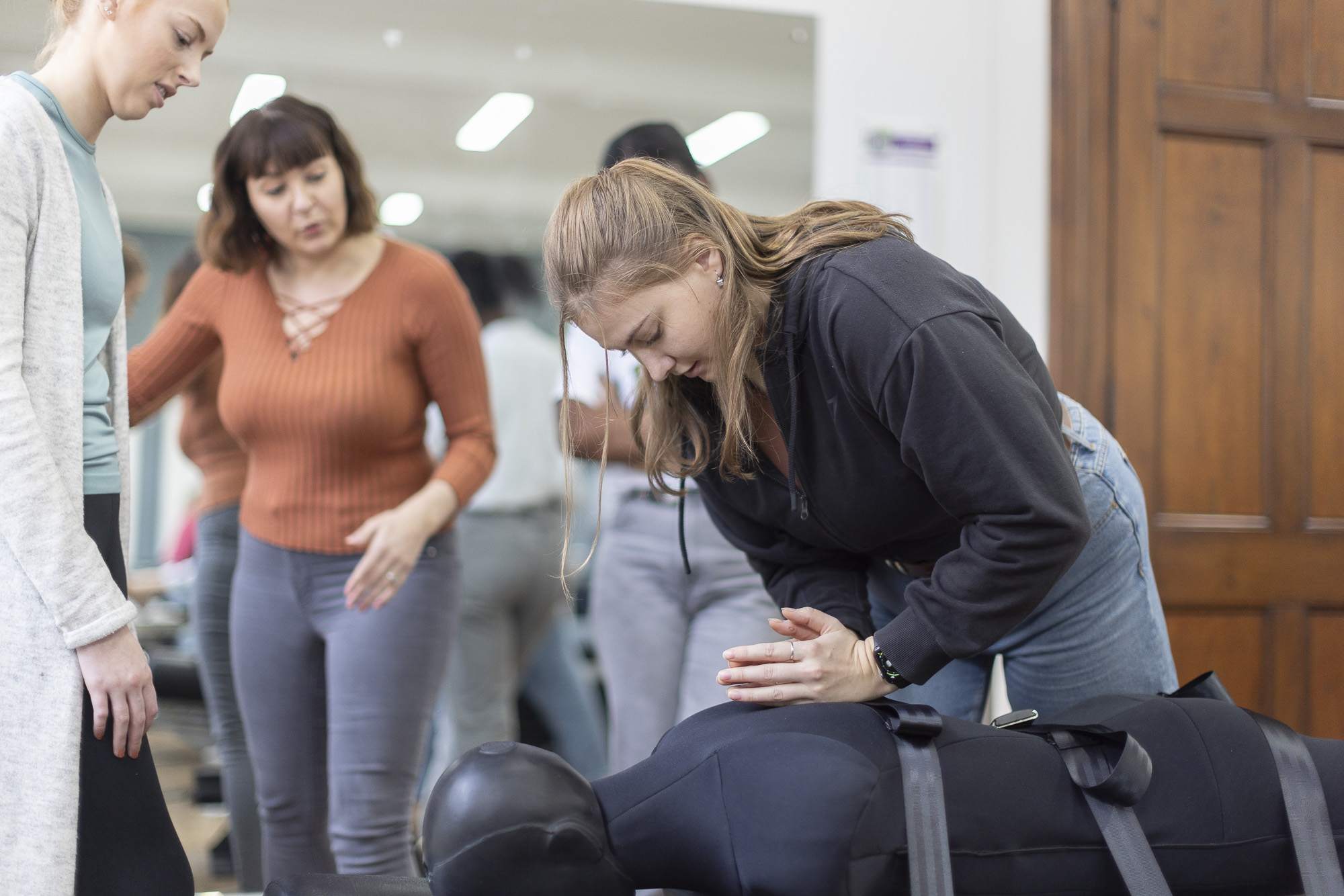
Why choose Health Sciences University
There are many benefits to studying at Health Sciences University, from our expertise and history in teaching health sciences, to our state-of-the-art facilities, on-site clinical training, and of course our location on the beautiful Bournemouth coast.
Latest News
Discover and read all the latest news, press releases and happenings here at Health Sciences University.
Find us
Health Sciences University
Bournemouth Campus
Parkwood Road
Bournemouth
BH5 2DF
Health Sciences University
London Campus
275 Borough High Street,
London
SE1 1JE
